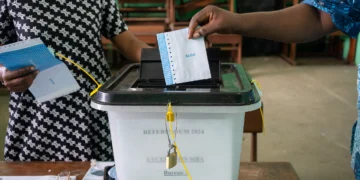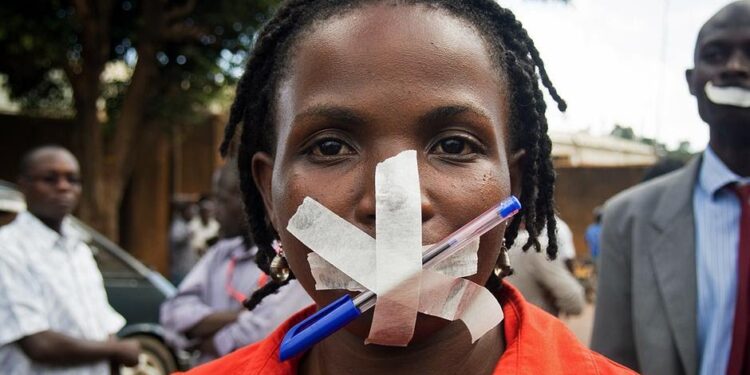By Ebi Kesiena
Three journalists from one of Egypt’s last remaining independent media sources will go on trial next Tuesday.
Mada Masr is one of Egypt’s if not, of the Middle East’s most prominent independent outlets, known for its investigative reporting.
According to rights groups and activists see the trial as yet another attempt by the Egyptian government to silence its critics.
Speaking with DW on Friday, Mada Masr, Editor-in-chief Lina Attalah noted that the team really doesn’t know what to expect.
‘‘‘The team members involved are “calm and composed, but obviously concerned.
“As journalists, we don’t like to be the story ourselves. And even before there’s any kind of verdict, no matter how severe, this is taking us away from our work in the newsroom,” she said.
While pointing out that the case was being heard in a courtroom three hours away from Cairo, where Mada Masr is based, Attalah stated that the journalist just want to be able to do their jobs.
About the case
The case began last September after Mada Masr published a story about corruption in the local Nation’s Future Party.
The party supports Egypt’s current leader, President Abdel-Fattah el-Sissi, a retired military officer who was involved in a 2013 military coup that saw the country’s democratically elected officials removed from power. He became president in 2014.
Published in August, the Mada Masr storyalleged that members of the Nation’s Future Party were implicated in “gross financial misconduct” in a state corruption case.
Following hundreds of complaints by party members and loyalists, Egyptian prosecutors brought four Mada Masr journalists in for questioning.
Attalah and three of the article’s authors Rana Mamdouh, Sara Seif Eddin, and Beesan Kassab were charged with slander and the defamation of members of the Nation’s Future Party. After interrogation, the all-female group was released on bail.
Shortly afterwards, Attalah was charged with starting a website without a license. This came despite the fact that, as Attalah has pointed out, the outlet had unsuccessfully been trying to obtain a license since 2018 without any response from the relevant authorities.
Egyptian law states that regulatory agencies must contact an applicant if their license is rejected.



































